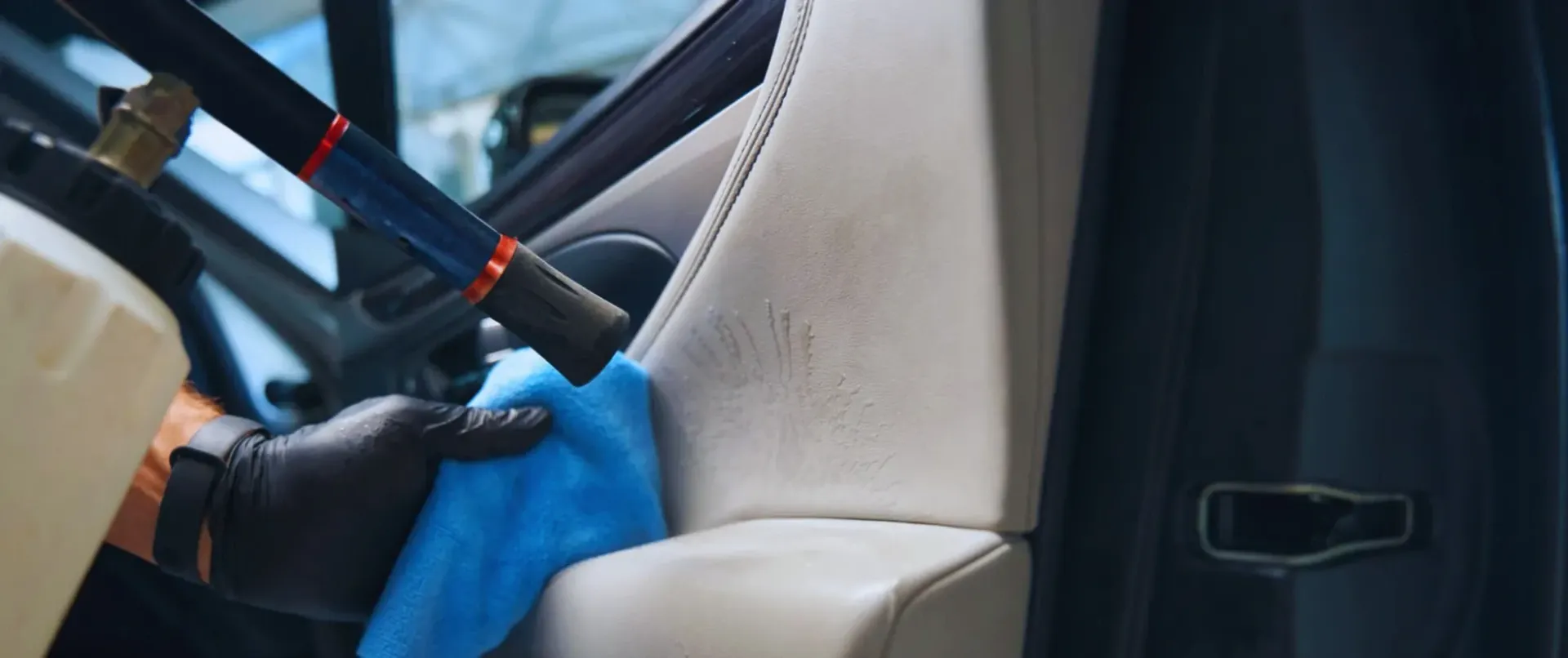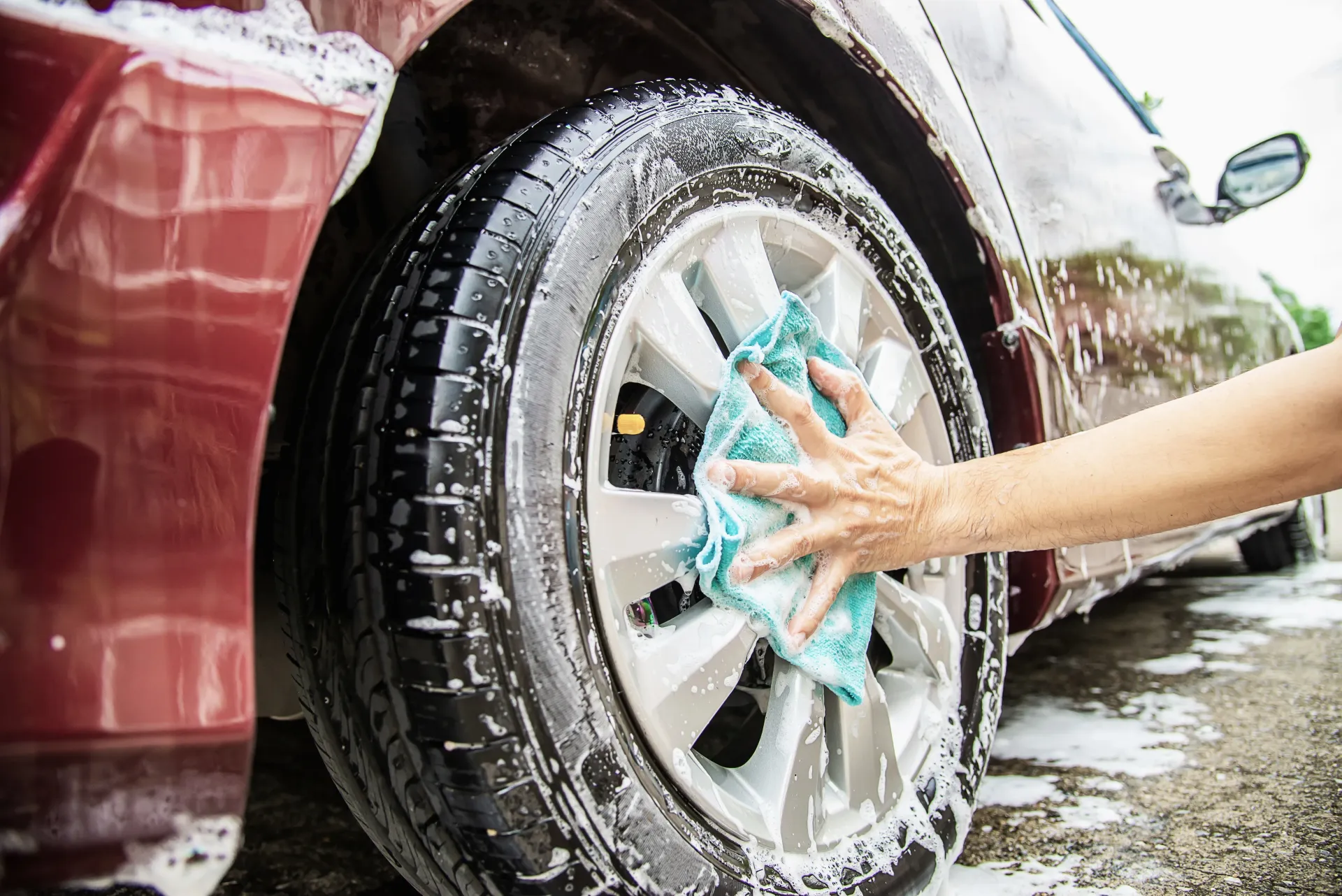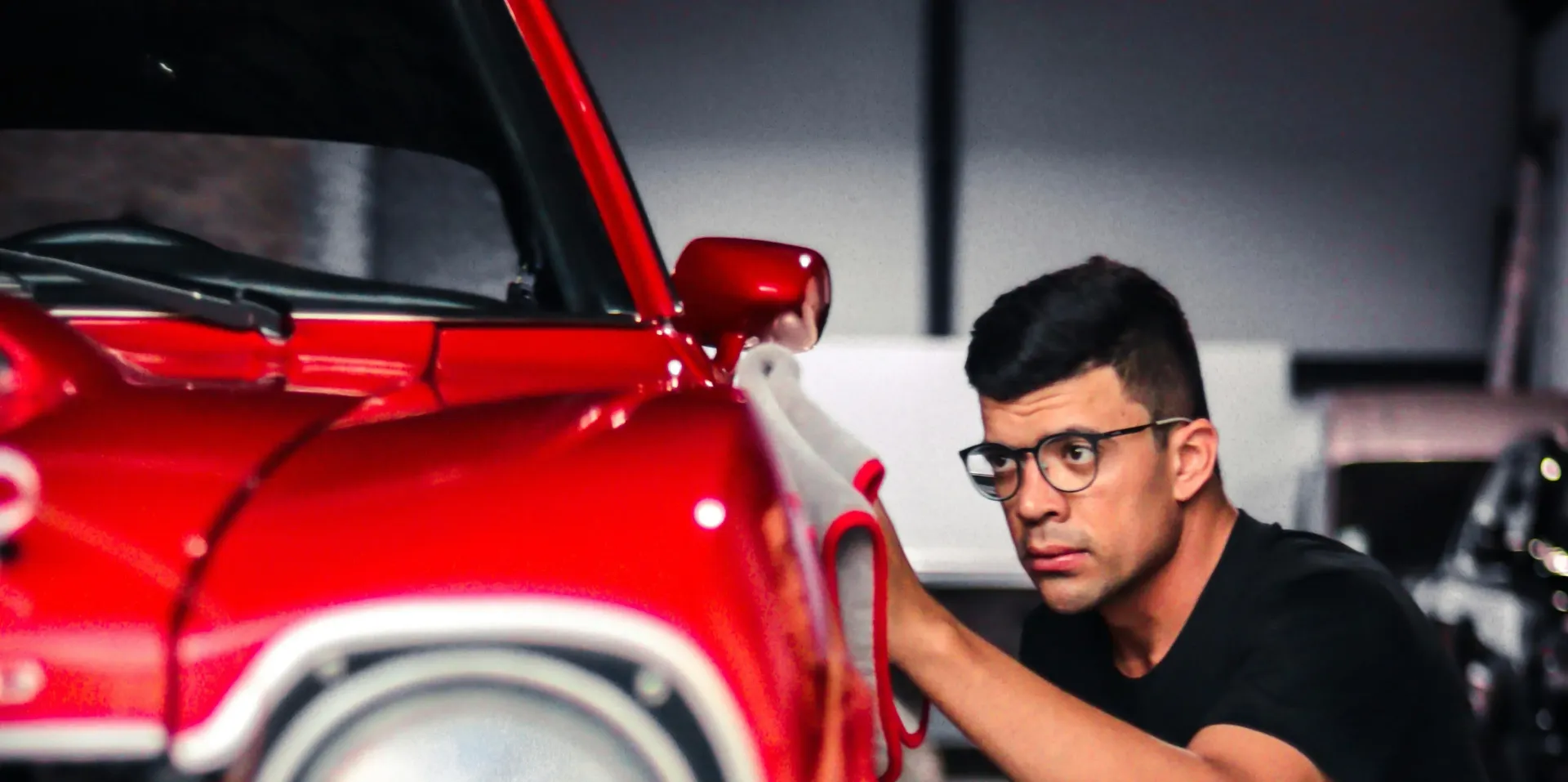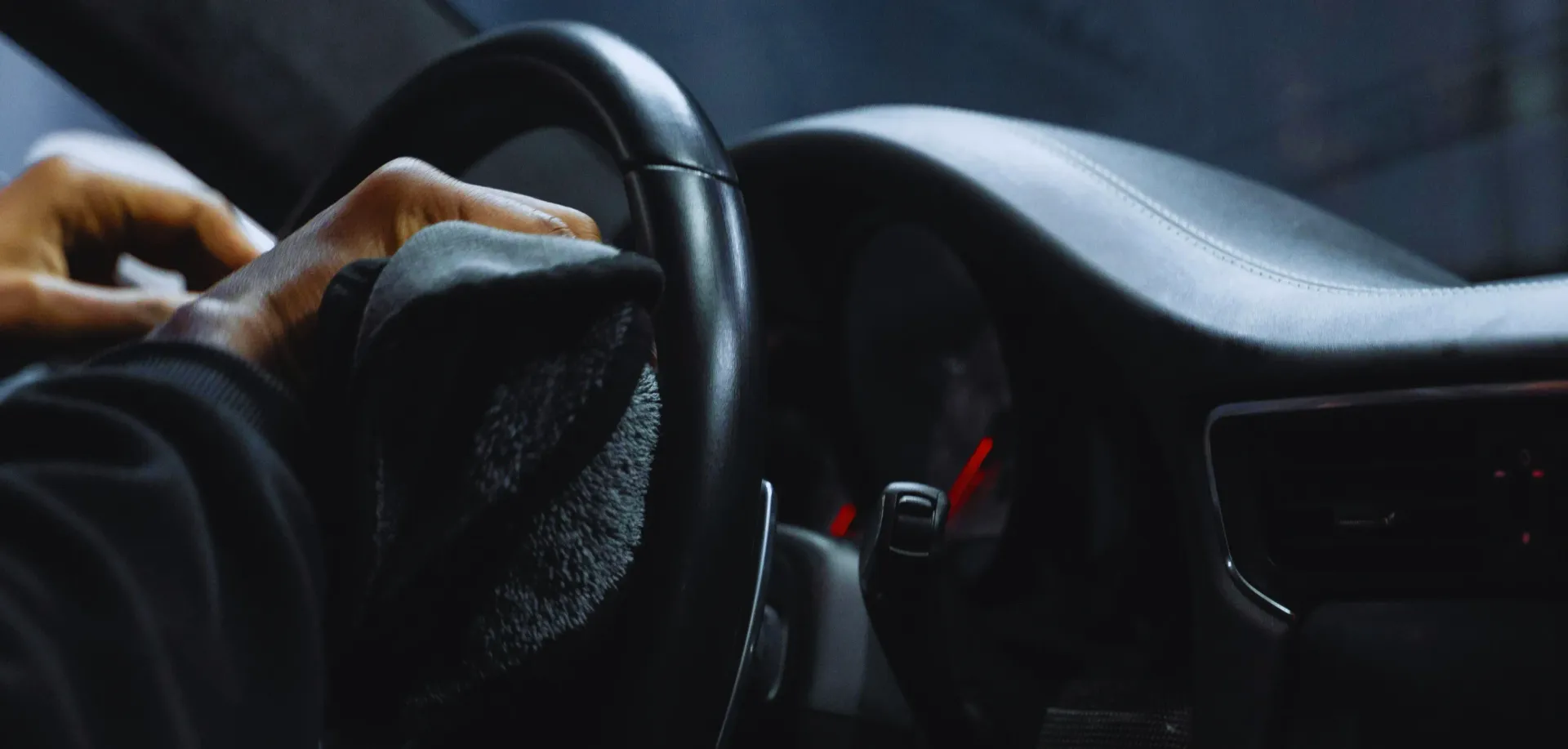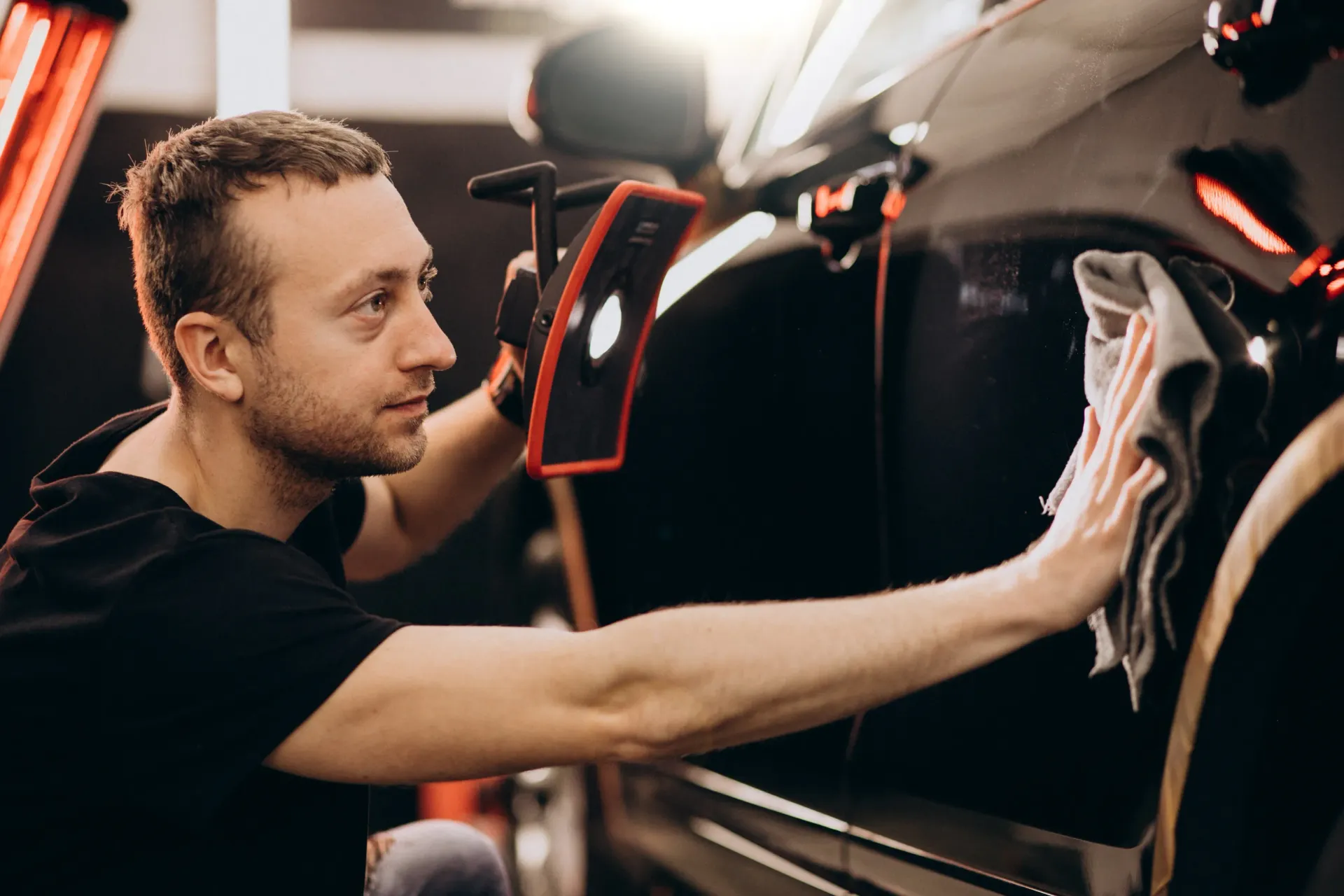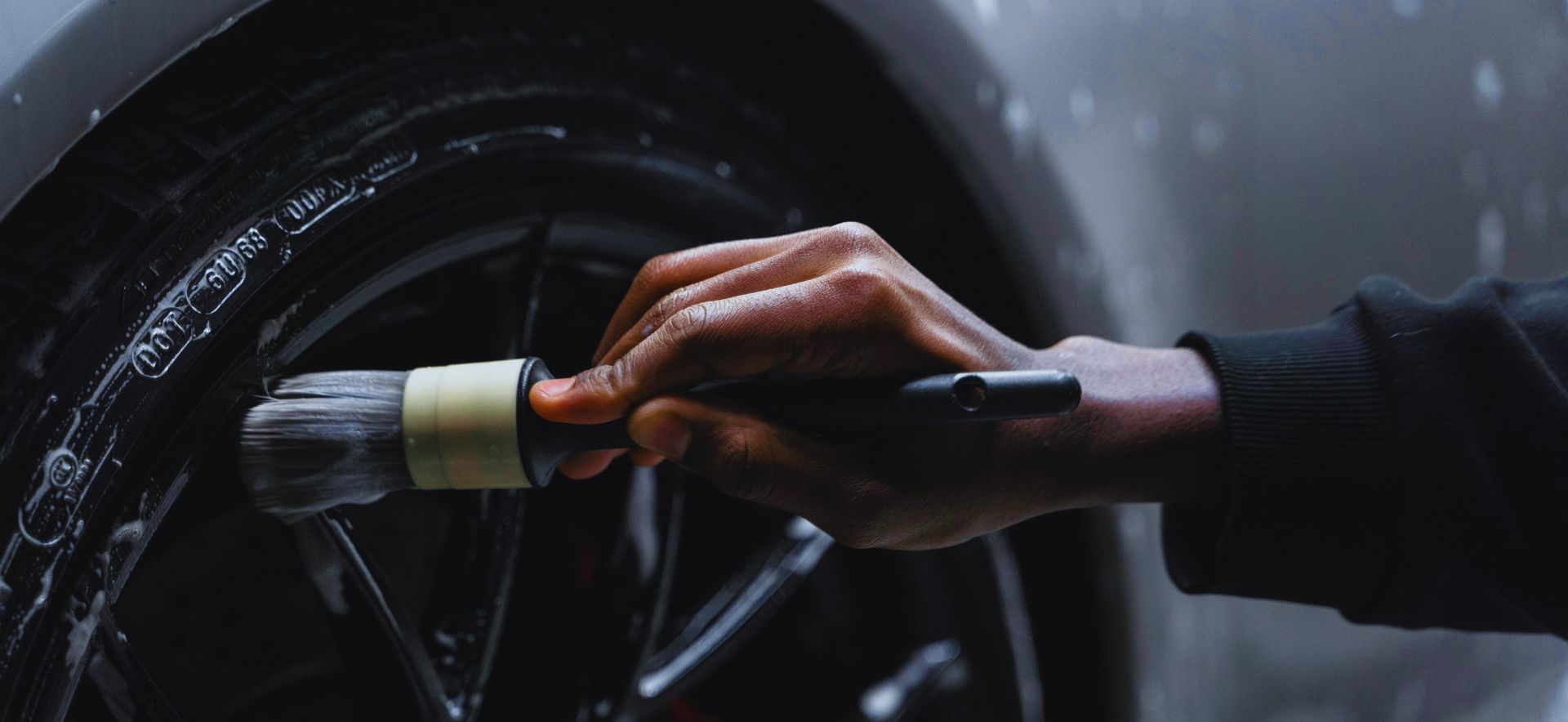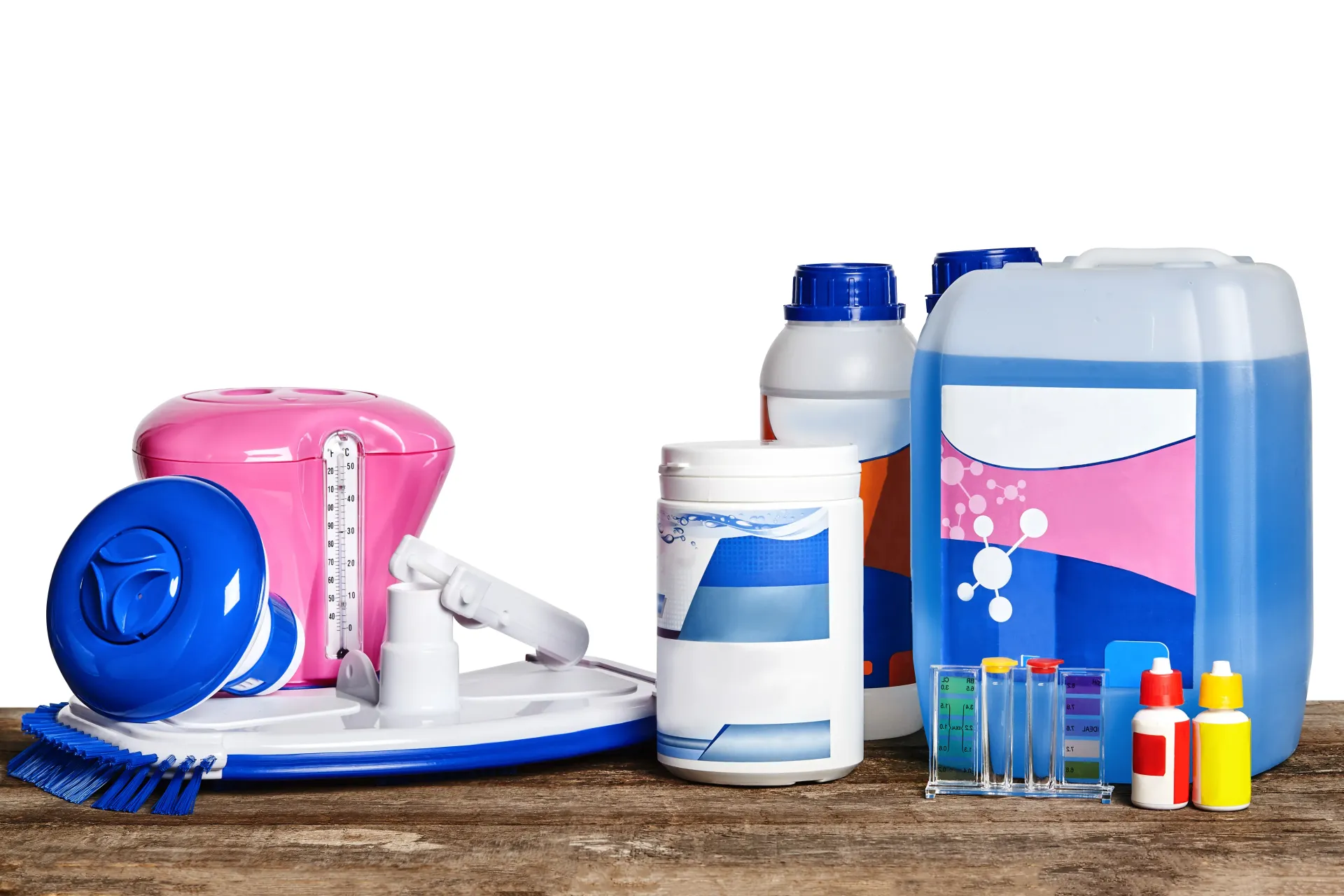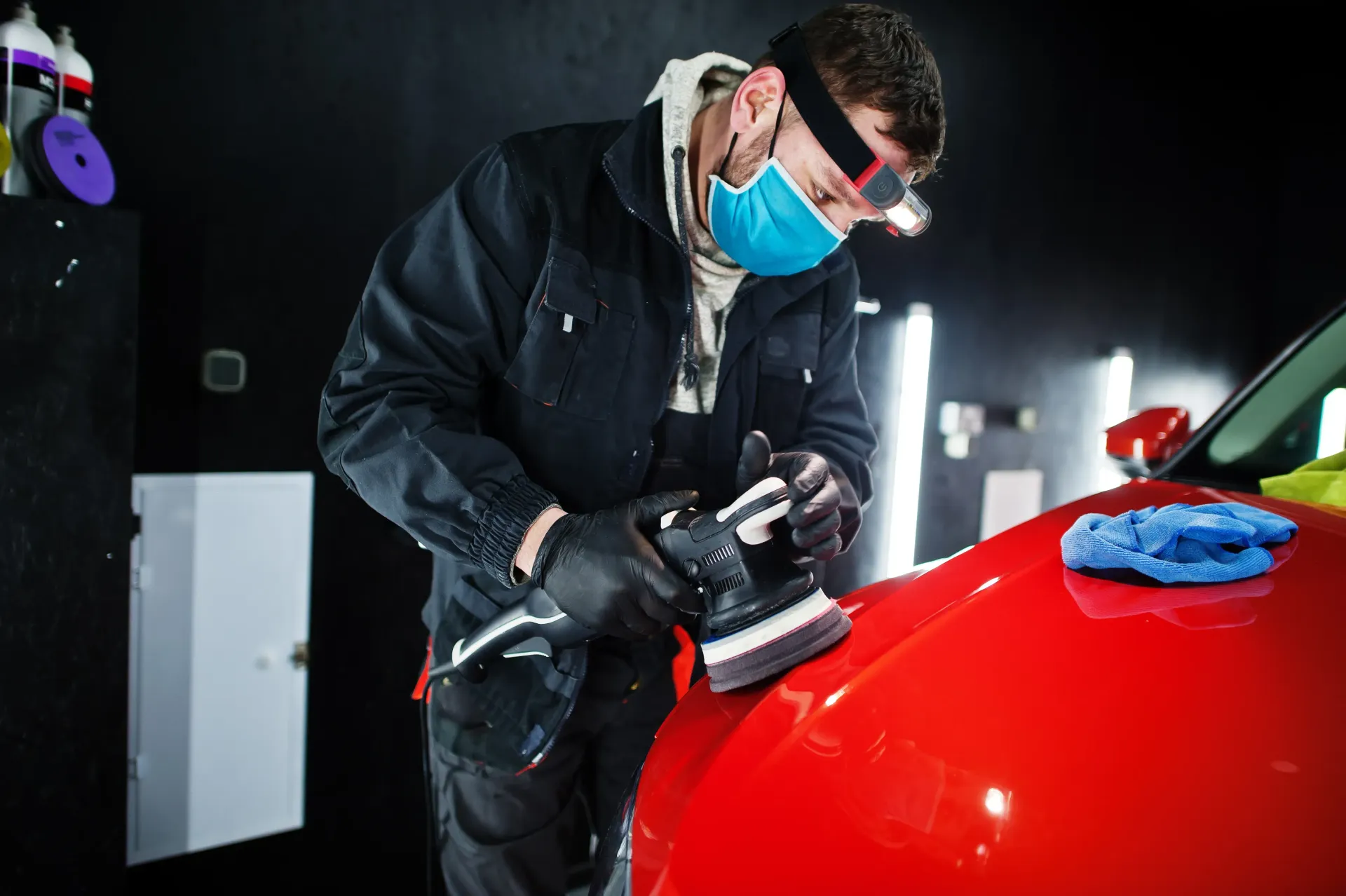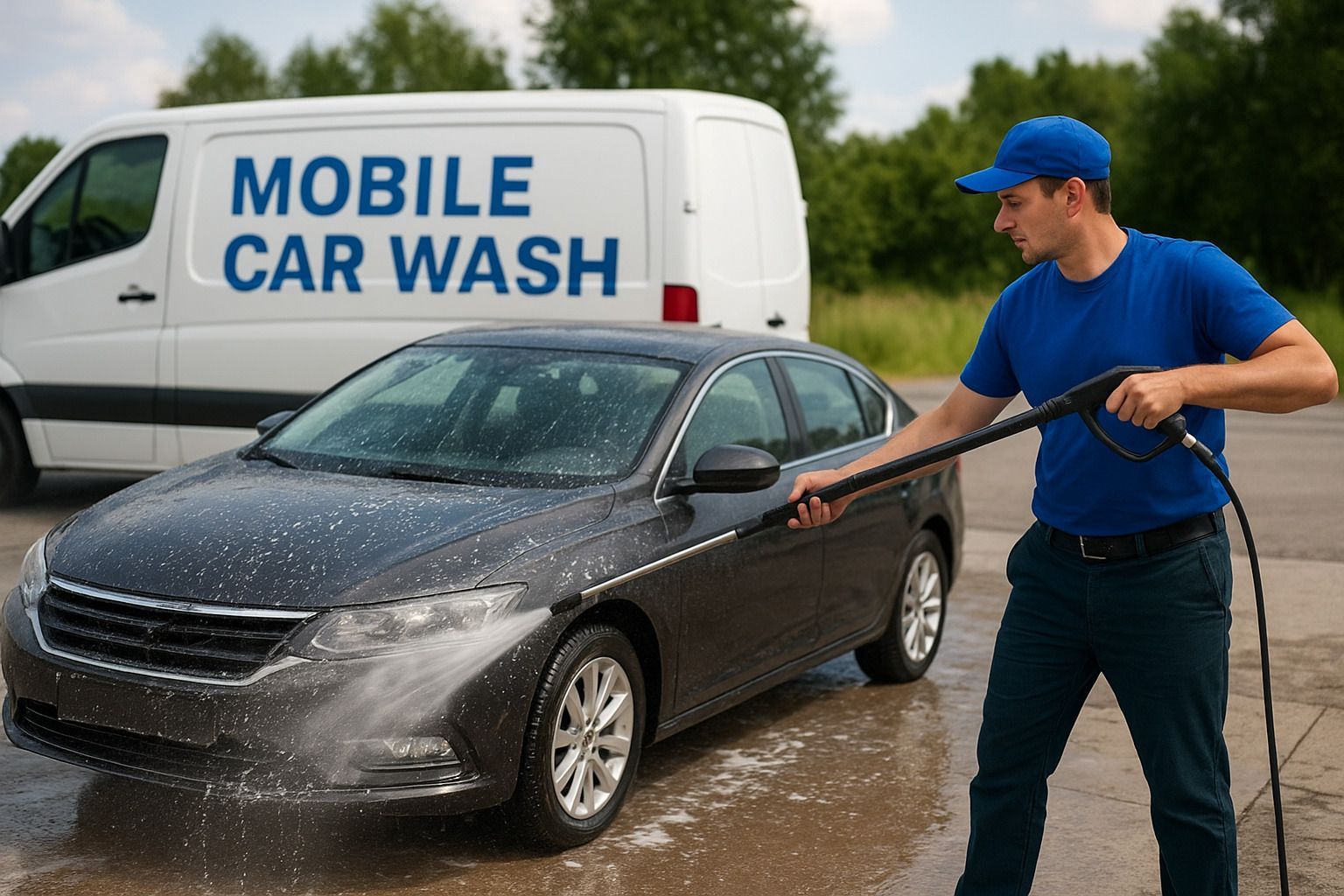More Than Just a Wash: The Key Differences Between Car Detailing and Car Washing
When it comes to maintaining your vehicle, appearances go far beyond simple pride of ownership. Cleanliness is often the first step in preserving a car's resale value, enhancing driver experience, and preventing long-term damage. While both car washing and car detailing play pivotal roles, understanding their differences can help vehicle owners make better maintenance choices. And yes—there’s far more to it than just a splash and soap.
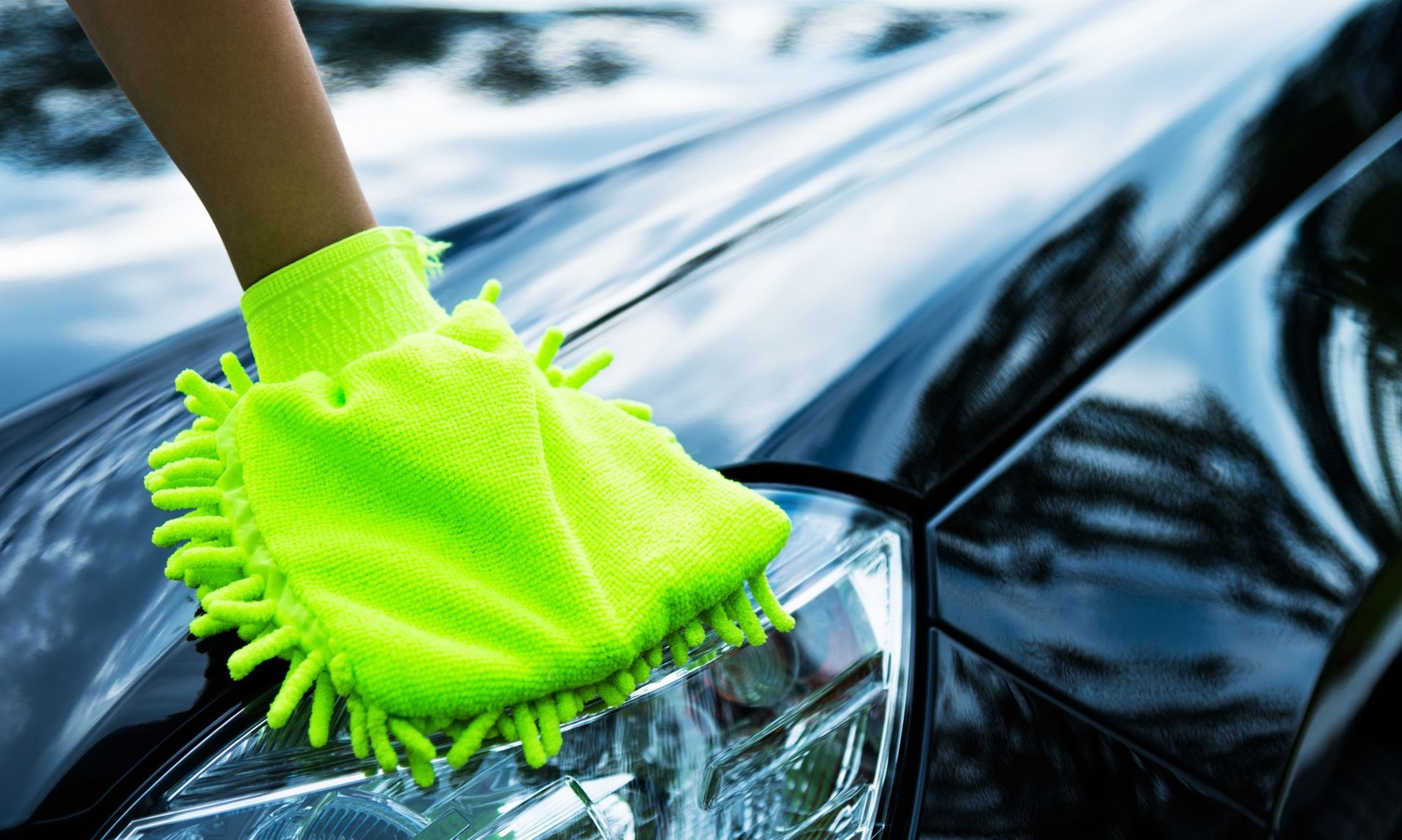
Car Washing Explained
Car washing is exactly what it sounds like: removing dirt, dust, and debris from your vehicle’s exterior. This can be done manually or at an automated wash station. It's fast, relatively inexpensive, and aims to keep the car looking clean.
Most washes focus solely on the surface and don’t delve deeper into contaminants like tar or sap. Car washes can be:
- Touchless (pressure wash only)
- Soft-touch (uses brushes and soap)
- Manual (hand wash with sponges and buckets)
Each has its pros and cons, but ultimately, car washing is about surface-level maintenance.
What is Car Detailing?
Detailing is an art form and science combined. It’s the comprehensive process of deep cleaning, restoring, and finishing a vehicle to produce a show-quality cleanliness. Think of it as a spa treatment for your car. Auto detailing typically includes:
- Exterior polishing and waxing
- Clay bar treatment
- Paint correction
- Interior shampooing and vacuuming
- Leather conditioning
- Engine bay cleaning
Unlike a wash, detailing focuses on both appearance and protection.
Exterior Car Washing vs. Exterior Detailing
A typical wash removes surface dirt. Exterior detailing, however, goes the extra mile—literally scrubbing out every imperfection. For example:
- Washing might use basic shampoo and a rinse.
- Detailing might involve clay bars, machine polishers, and ceramic coating.
Where a wash aims for speed, detailing aims for perfection.
Interior Cleaning vs. Interior Detailing
Vacuuming your car is nice. But what about those pesky coffee stains or lingering pet smells?
Interior washing usually means a quick vacuum, window wipe, and floor mat shake.
Interior detailing, however, targets:
- Deep shampooing of carpets and seats
- Steam cleaning
- Leather restoration
- Pet hair extraction
- Odor elimination
The result? A cabin that feels like new.
Surface Protection: Waxing vs. Sealants
After a wash, you might add wax to protect the paint. But detailing opens up a world of advanced protectants, like:
- Synthetic sealants
- Nano coatings
- Ceramic coatings
These offer longer-lasting shine and better UV protection.
Time Commitment and Frequency
A standard wash takes 10–20 minutes. Detailing can take hours or even a full day depending on the vehicle’s condition.
- Wash every 1–2 weeks
- Detail every 3–6 months
Regular upkeep ensures both beauty and longevity.
Cost Breakdown: Washing vs. Detailing
- Car Wash: $10–$30
- Detailing Service: $100–$500+
Of course, prices vary by location and services chosen. But think of detailing as an investment rather than a cost.
Tools and Products Used
Washing:
- Bucket, sponge, car shampoo
Detailing:
- Clay bars, rotary polishers, microfiber towels, steam cleaners, pH-balanced chemicals
Professional detailers even use color-matching lights to spot paint imperfections.
Environmental Considerations
Washing often leads to water waste and chemical runoff. Many detailing professionals now offer eco-friendly waterless or steam-based solutions—especially in mobile services like Mobile Auto Detailing Service.
The Expertise Factor
Washing is straightforward. Detailing demands:
- Paint correction knowledge
- Material-specific product knowledge
- Proper drying and waxing techniques
Professionals are trained to enhance without damaging.
Benefits of Regular Car Washing
- Immediate visual cleanliness
- Removes harmful substances like salt or pollen
- Increases short-term aesthetics
Still, it won’t preserve your car like detailing can.
Benefits of Regular Car Detailing
- Enhances resale value
- Prevents paint oxidation
- Maintains leather, plastic, and fabric
- Keeps the vehicle looking and smelling new
Over time, detailing becomes more of a protective measure than a luxury.
When Should You Wash Your Car?
- After rain or snow
- Following a road trip
- Weekly in dusty climates
The goal is to prevent buildup and preserve visibility.
When is Detailing Necessary?
- Before selling your car
- After seasonal changes (e.g., winter road salt)
- When interiors feel or smell musty
- If paint swirls or water spots appear
DIY vs. Professional Services
DIY can be fun and economical, but it lacks precision. Professionals:
- Use commercial-grade tools
- Spot overlooked areas
- Apply industry techniques
For best results, consider Contacting a trusted professional.
Paint Correction in Detailing
Detailers often correct scratches, swirl marks, and oxidation using polishing machines. This restores the original luster and smoothness of your paint.
Ceramic Coating and Its Role
One of the hottest trends in detailing, ceramic coatings bond with your paint to provide years of gloss and protection. It’s like a shield that resists UV rays, chemicals, and bird droppings.
Headlight Restoration
Faded headlights aren’t just ugly—they’re dangerous. Detailers sand, polish, and seal headlights for improved safety and aesthetics.
Odor Elimination Techniques
Sprays mask smells. Ozone treatments eliminate them. Professional detailers use tools that purify air and remove deep-set odors permanently.
Pet Hair and Stain Removal
Detailers use rubber brushes, lint rollers, and specialized vacuums to remove pet hair. Stains? Gone, thanks to extractors and spot cleaners.
Engine Bay Cleaning
Often neglected, a clean engine bay can:
- Spot leaks
- Increase resale trust
- Make your car shine inside and out
Resale Value Impact
A well-detailed vehicle sells faster and for more money. It shows buyers that the car has been cared for.
Fleet Maintenance Strategy
Businesses keep fleets clean to protect branding and reduce long-term wear. Detailing enhances presentation and reduces replacement costs.
How Weather Affects Car Appearance
Snow, salt, sun, and rain all damage paint over time. Detailing builds a buffer to protect against these elements.
The Role of Mobile Detailing Services
Mobile detailers offer convenience without sacrificing quality. Services like Mobile Auto Detailing Service bring professional tools to your driveway.
How to Choose a Detailing Service
Look for:
- Experience
- Reviews
- Insurance
- Eco-friendly practices
- Service flexibility
Common Myths About Detailing and Washing
- “Washing is enough” – Only for the short term.
- “Detailing is a luxury” – It's preventative care.
- “Anyone can detail” – True pros are trained.
Final Thoughts: Which is Right for You?
If you just want your car clean for the weekend—go for a wash. But if you want your vehicle to shine like it did on day one, protect your investment, and increase resale value—detailing is the clear winner.
FAQs
What’s the main difference between detailing and washing?
Detailing is a deep, restorative process; washing is surface-level cleaning.
How often should I get my car detailed?
Every 3–6 months is ideal for most vehicles.
Is detailing worth the cost?
Absolutely—especially when preserving vehicle value and aesthetics.
Can I detail my own car?
Yes, but it takes time, skill, and the right tools.
Does detailing improve resale value?
Yes, significantly. Buyers trust a well-maintained appearance.
Is ceramic coating better than waxing?
Ceramic lasts years, while wax lasts weeks. So, yes—it’s better long-term.
Contact a Detailing Professional Today
If you’re ready to take your car's appearance to the next level, don’t hesitate to Contact a detailing expert here.
Links:
